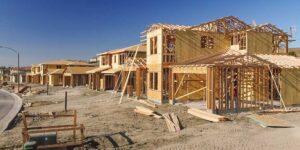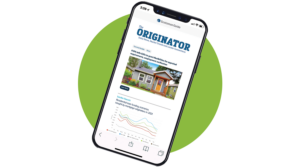What is a subdivision development loan?
This type of commercial mortgage also is known as a land acquisition loan or land development loan. It allows a borrower to purchase and entitle raw land, install utilities and infrastructure (such as roads, electricity and sewers), and build a subdivision of residential homes. The borrower may purchase a large tract of land, divide it into smaller parcels and make necessary improvements before selling the land to a homebuilder, development company or private citizen.
A land development loan is likely to require more from the borrower in terms of creditworthiness or cash reserves. A lender will scrutinize the demographics of the area in question to ensure that real estate demand is sufficient — in other words, they’ll want to know that the land can be improved and resold for an amount that will repay the loan. If people are moving to an area, jobs are plentiful and housing demand is high, the lender is more likely to approve the request.
What are some common terms for subdivision development loans?
Because a subdivision development loan involves unimproved land, the risk is higher for the lender since there is less value in the collateral if the borrower defaults. For this reason, borrowers seeking this type of financing should expect to make a larger downpayment of at least 25% to 30%.
These loans are short term in nature, typically lasting anywhere from six months to three years. Interest rates can fluctuate substantially based on the lender, market and borrower in question, but they often start in the 5% range and go up to 10% or more.
Mortgage brokers may be able to help their clients find lenders that will pay for the vast majority of construction costs. Although the loan-to-cost (LTC) ratio may go up to 90% to 100%, the borrower should expect to contribute significant equity toward the project. This will typically cap the loan-to-value (LTV) ratio of the finished project at 70% to 75%.
Who offers mortgages for subdivision developments?
Mortgage brokers can use Lender Search to find subdivision loans from a variety of sources, including banks, credit unions and private lenders. For standard loan scenarios involving borrowers with full documentation and higher credit scores, use Lender Search to find prime commercial lenders. For scenarios where the borrower is looking to move quickly on an opportunity and is able to provide a higher downpayment or pay additional fees, use Lender Search to find commercial private money lenders.


